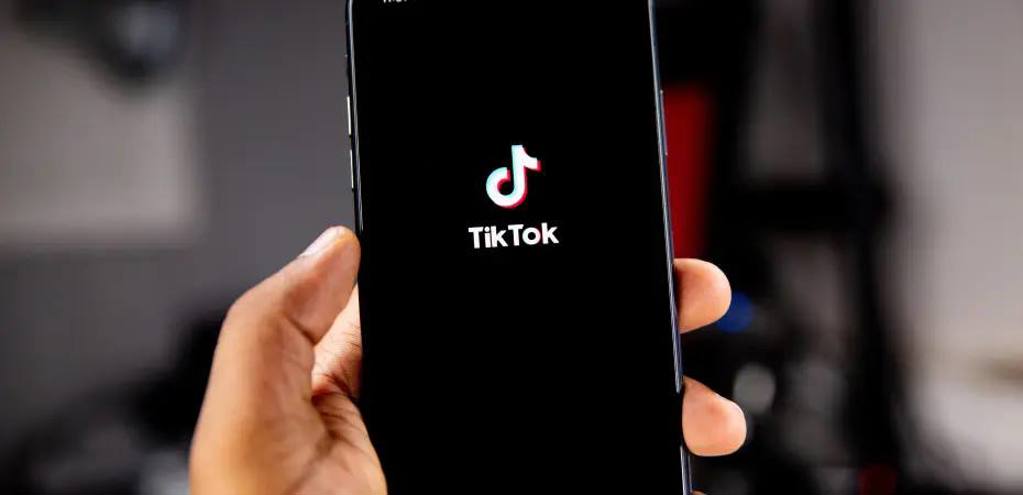On Feb. 28, Canada banned the video-based app TikTok from all government-issued devices.
The Canadian federal government made the decision in response to security concerns related to the app. TikTok, owned by the Chinese technology company ByteDance, has received criticism for how it treats its users’ personal information and its connection to the Chinese government.
TikTok knows which device it is being used from, including its location, IP address, search history, message contents and viewing history. The app is also able to “infer” traits about individual users, such as age range and gender.
Not only was the app removed from all government-issued devices in Canada, but the Canadian government has also placed a block on the download of TikTok on these devices in the future. This decision was made when the Chief Information Officer of Canada determined that TikTok poses a large risk to governmental privacy and security.
“While the risks of using this application are clear, we have no evidence at this point that government information has been compromised,” said Mona Fortier, the President of Canada’s Treasury Board, in a statement.
Fortier added that the move was taken as a “precaution,” citing concerns about information collected from devices and following the precedent set by other countries. The European Commission conducted a similar ban just a few days prior, and U.S. federal employees were prohibited from using the application last year.
As of writing, the government is uncertain about whether a ban will be issued for public usage of the app. “This may be the first step, this may be the only step we need to take,” said Prime Minister Justin Trudeau at a press conference.
Fortier cautioned Canadians about using the app, saying that individuals who choose to download the application should be aware of the risks.
“For the broader public, the decision to use a social media application or platform is a personal choice,” said Fortier. “However, the Communications Security Establishment’s Canadian Centre for Cyber Security (Cyber Centre) guidance strongly recommends that Canadians understand the risks and make an informed choice on their own before deciding what tools to use.”
Canadian privacy regulators have conducted an investigation into the way TikTok harvests user data. According to the Social Media Lab at Toronto Metropolitan University, about one quarter of Canadian adults are TikTok users.
TikTok has expressed frustration at the Canadian government’s decision.
“It’s curious that the Government of Canada has moved to block TikTok on government-issued devices—without citing any specific security concern or contacting us with questions—only after similar bans were introduced in the EU and the US,” said a TikTok spokesperson in an email to The Guardian. “We are always available to meet with our government officials to discuss how we protect the privacy and security of Canadians, but singling out TikTok in this way does nothing to achieve that shared goal.”
While the future of TikTok usage within Canada for the average user seems uncertain, it is clear that the app has lost much trust within the government’s eyes.

